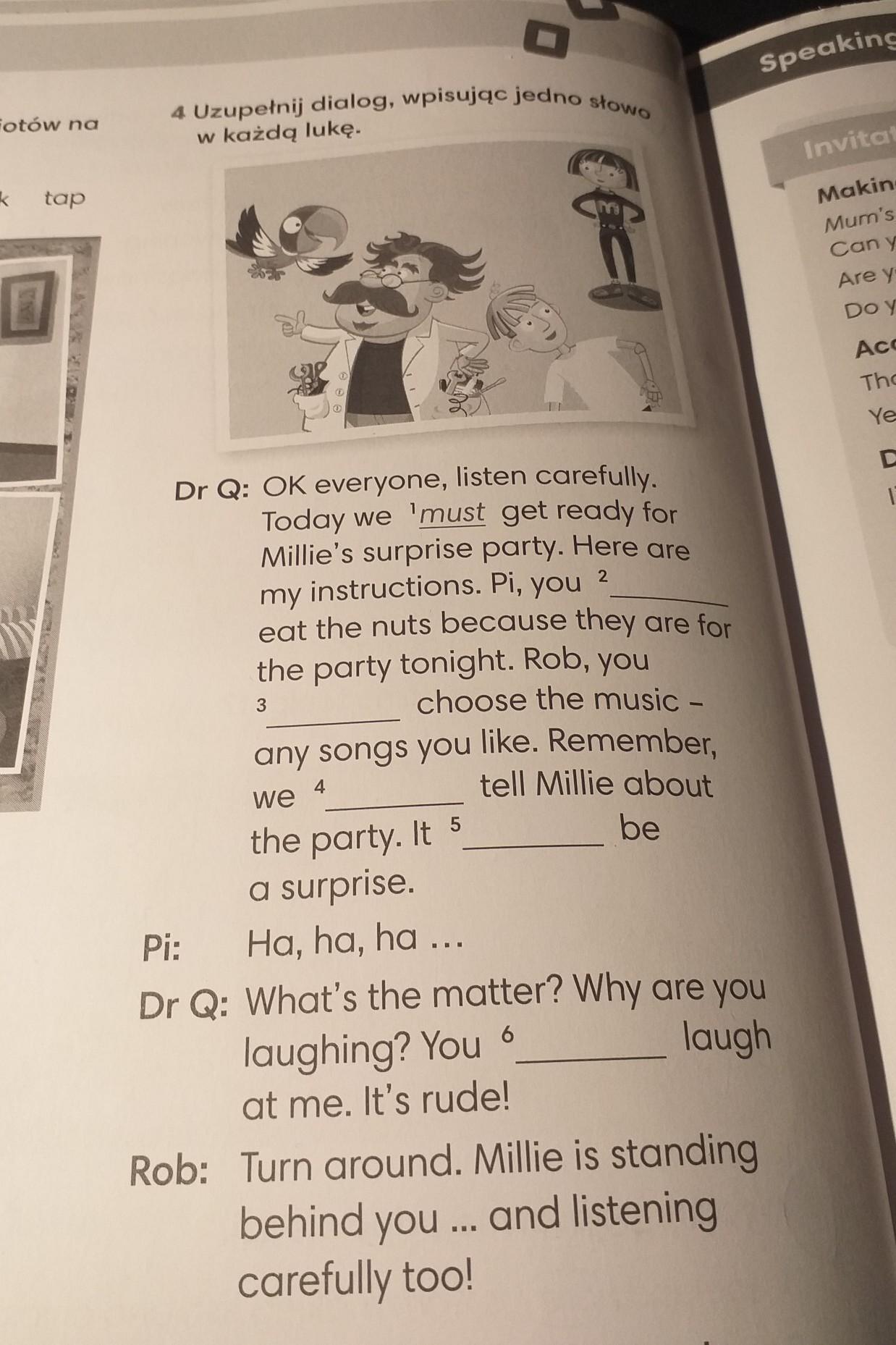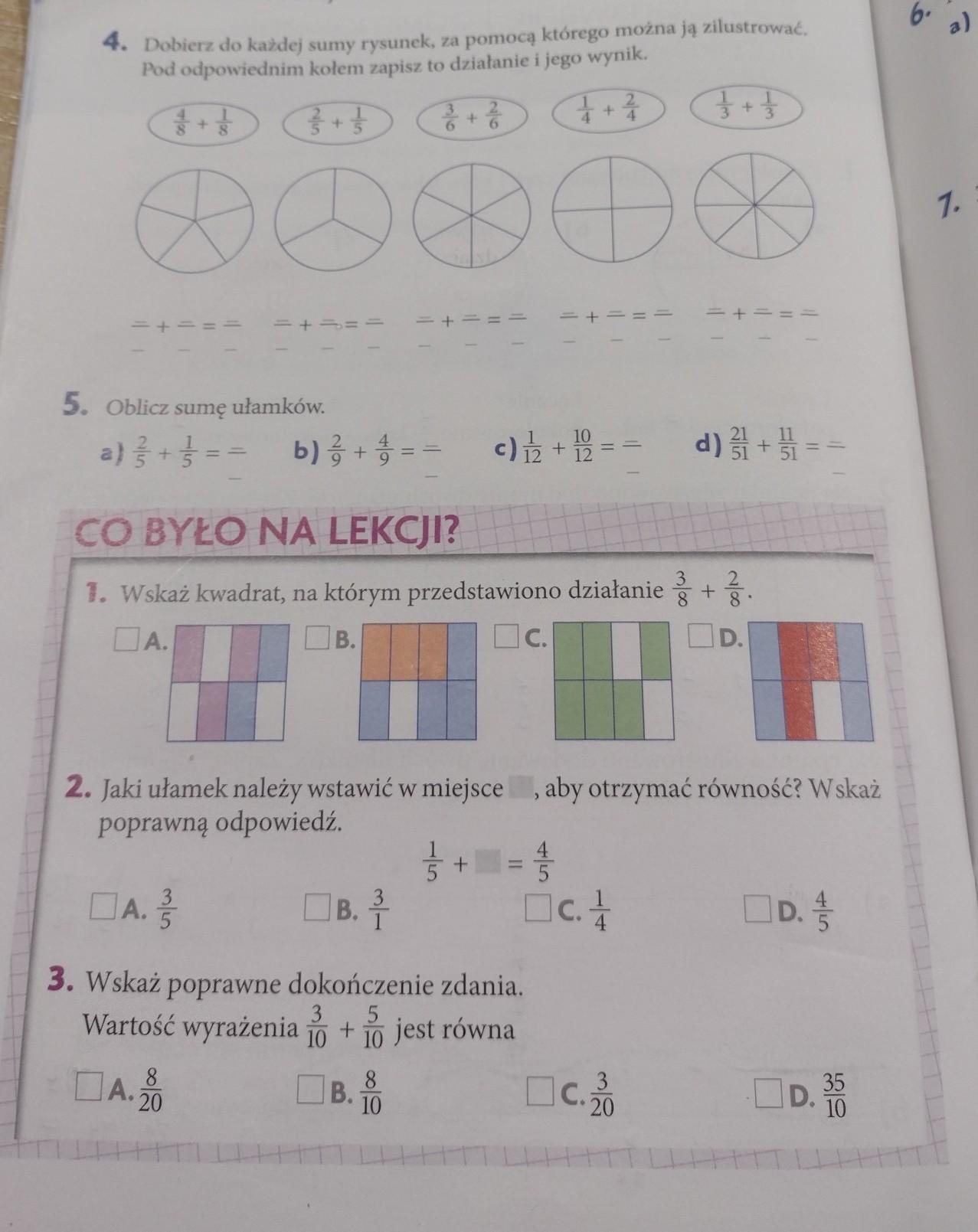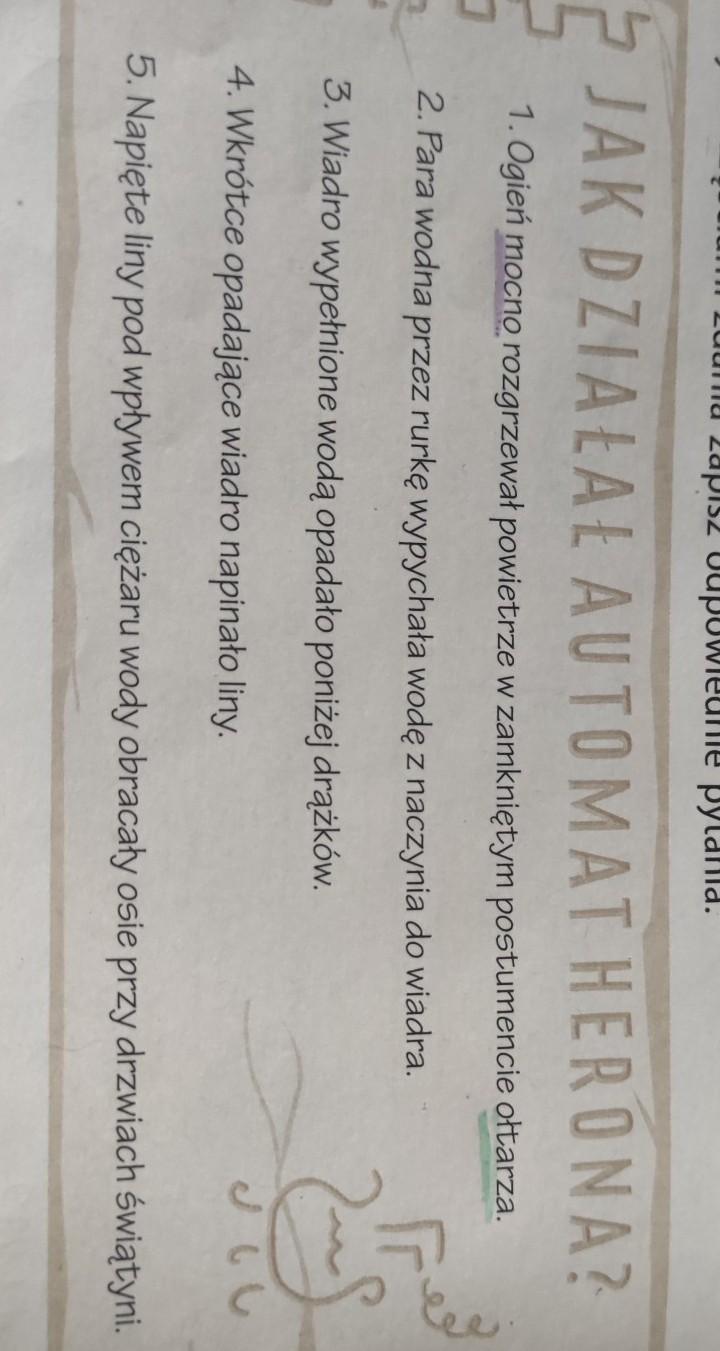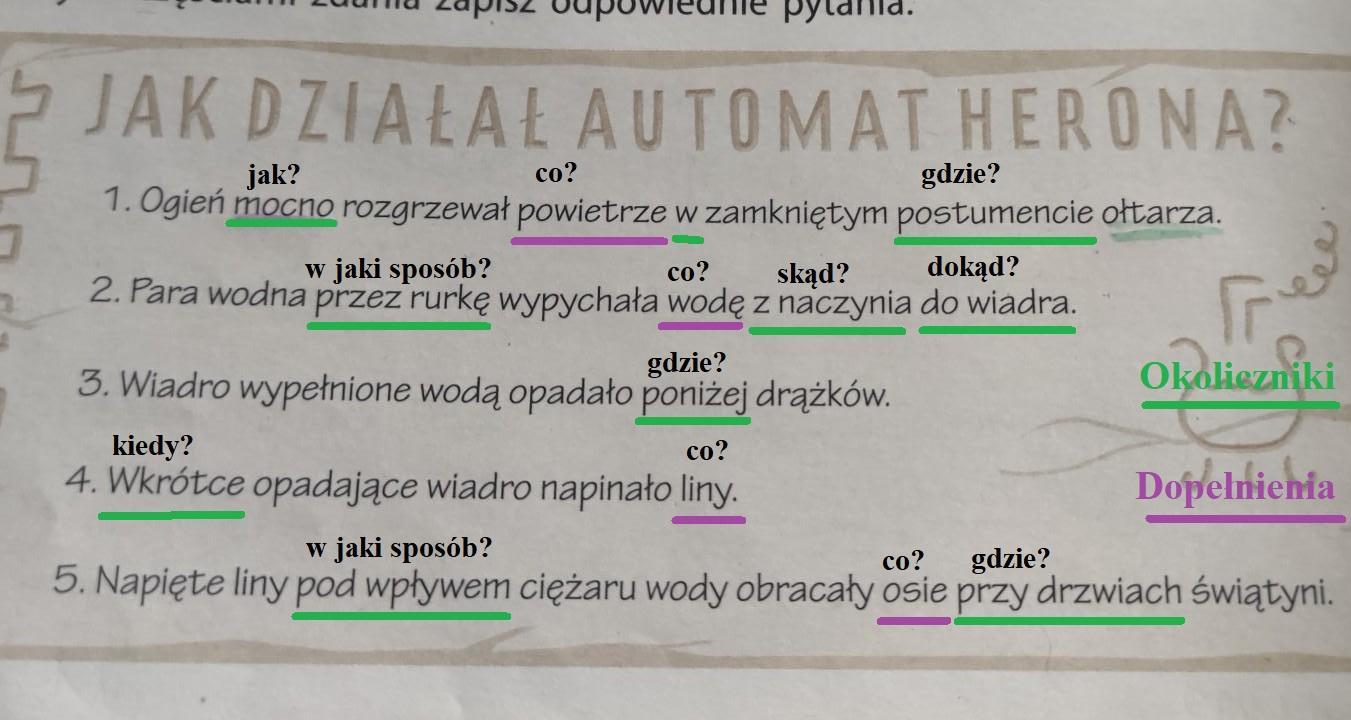Połącz linią rzeczowniki w języku niemieckim z ich odpowiednikami w języku angielskim. the sun die Blumen die Bäume trees birds die Sonne die Vögel the sky der Himmel flowers
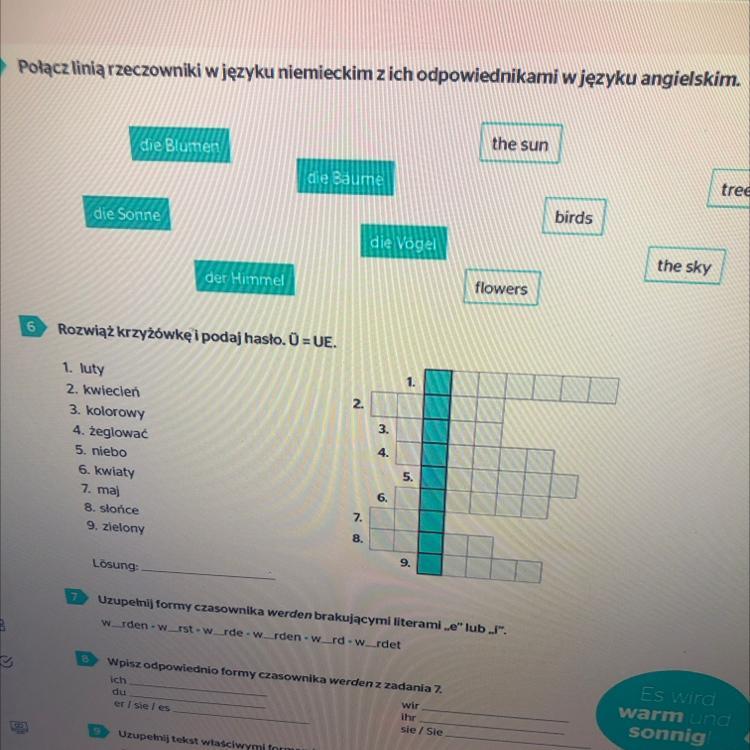
-
Temat:
Język niemiecki -
Autor:
astro2 -
Utworzono:
1 rok temu
Odpowiedzi 1
the sun - die Sonne
flowers - die Blaumen
trees - die Baume
birds - die Vogel
the sky - der Himmel
daj najlepszą odp pls
-
Autor:
laurelcowan
-
Oceń odpowiedź:
5
Znasz odpowiedź? Dodaj ją tutaj!
Wybierz język i region
How much to ban the user?
1 hour
1 day
100 years

